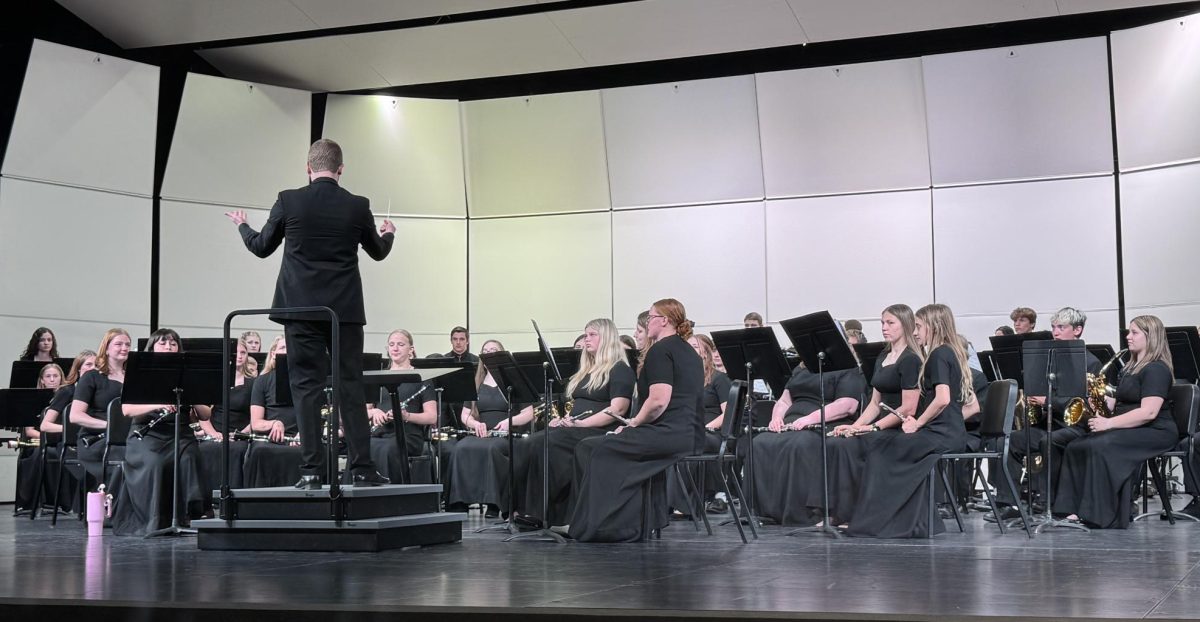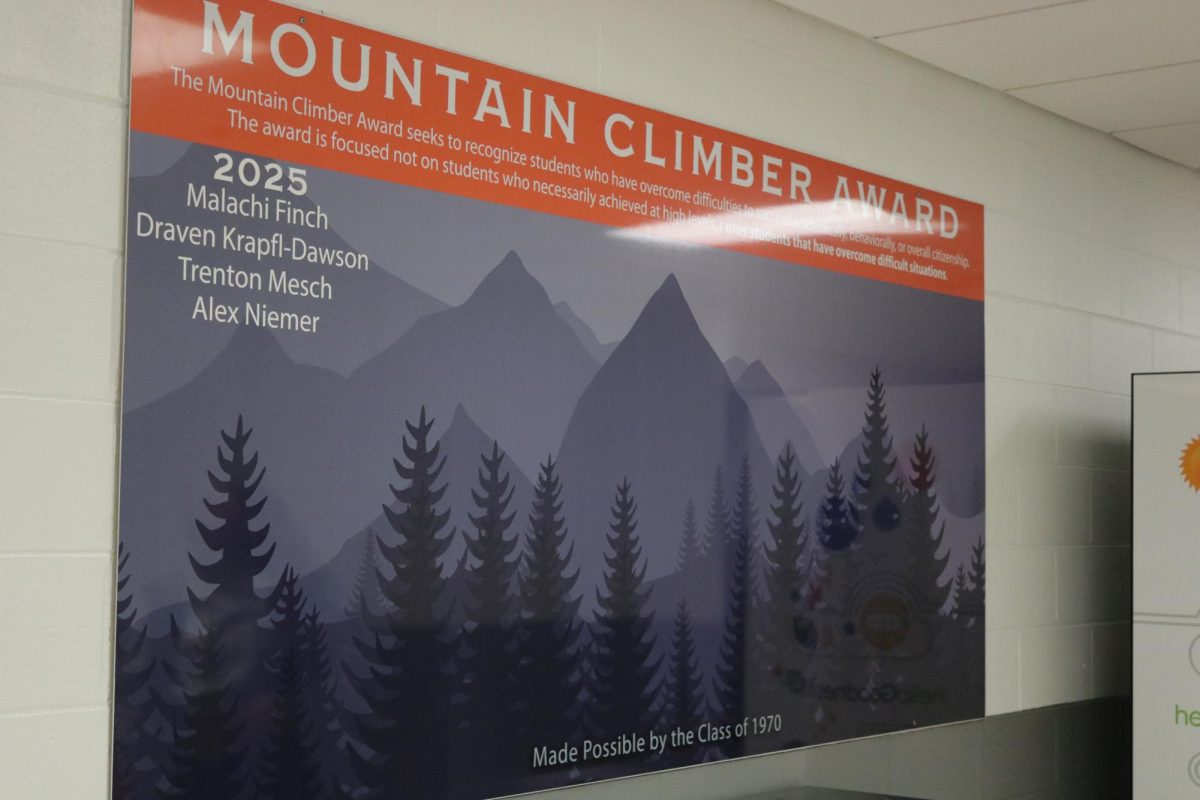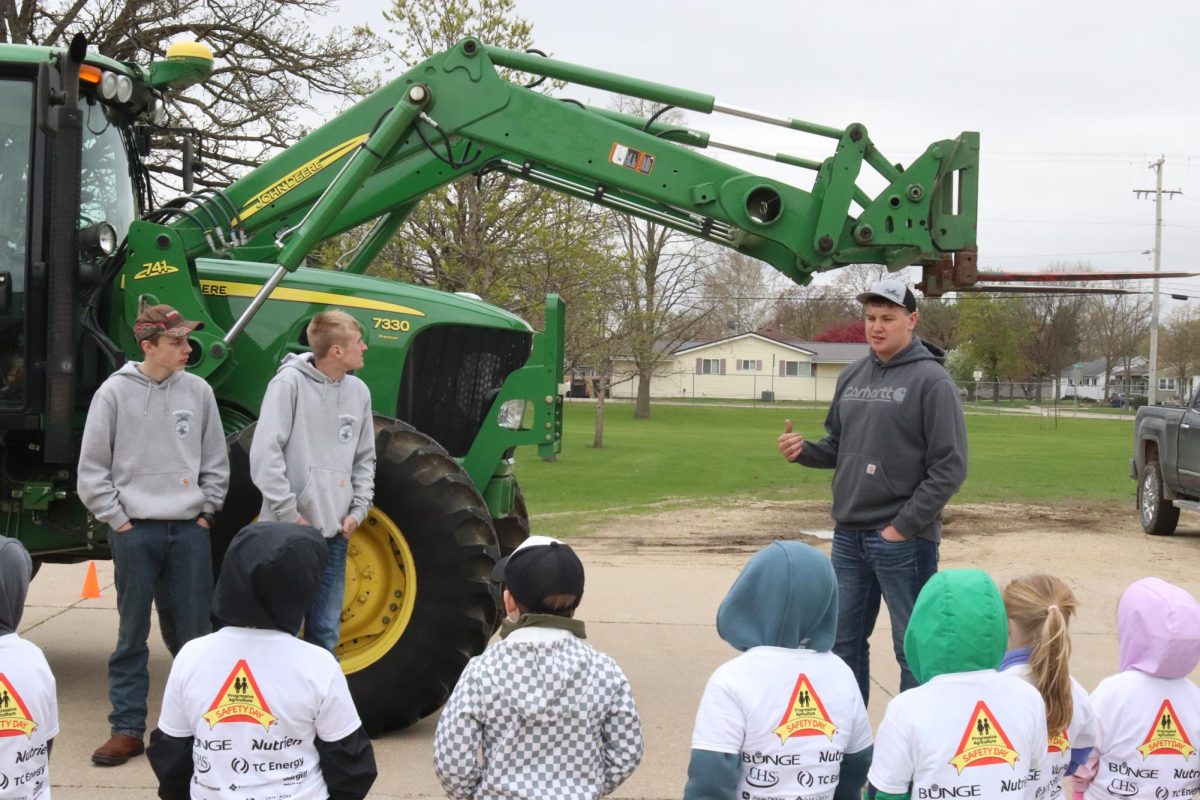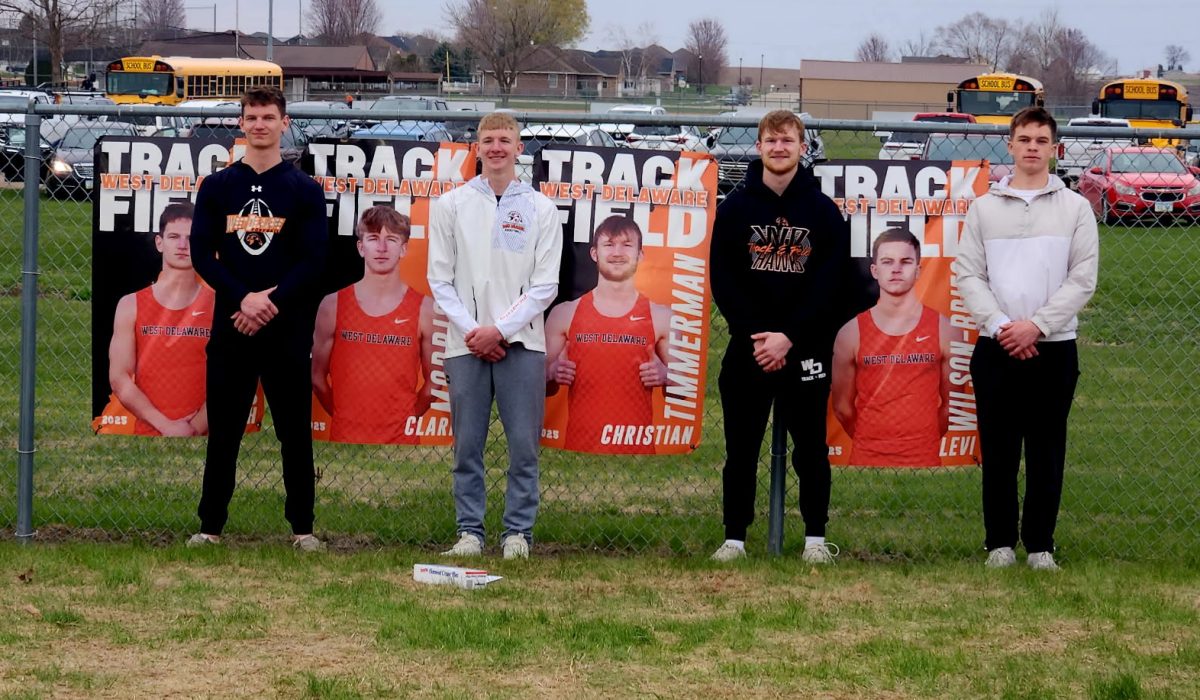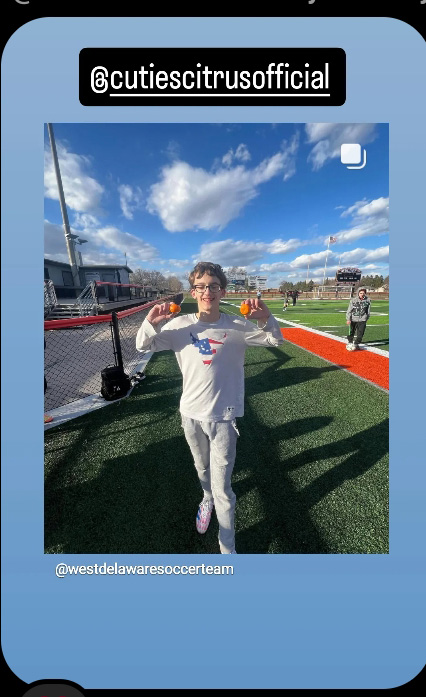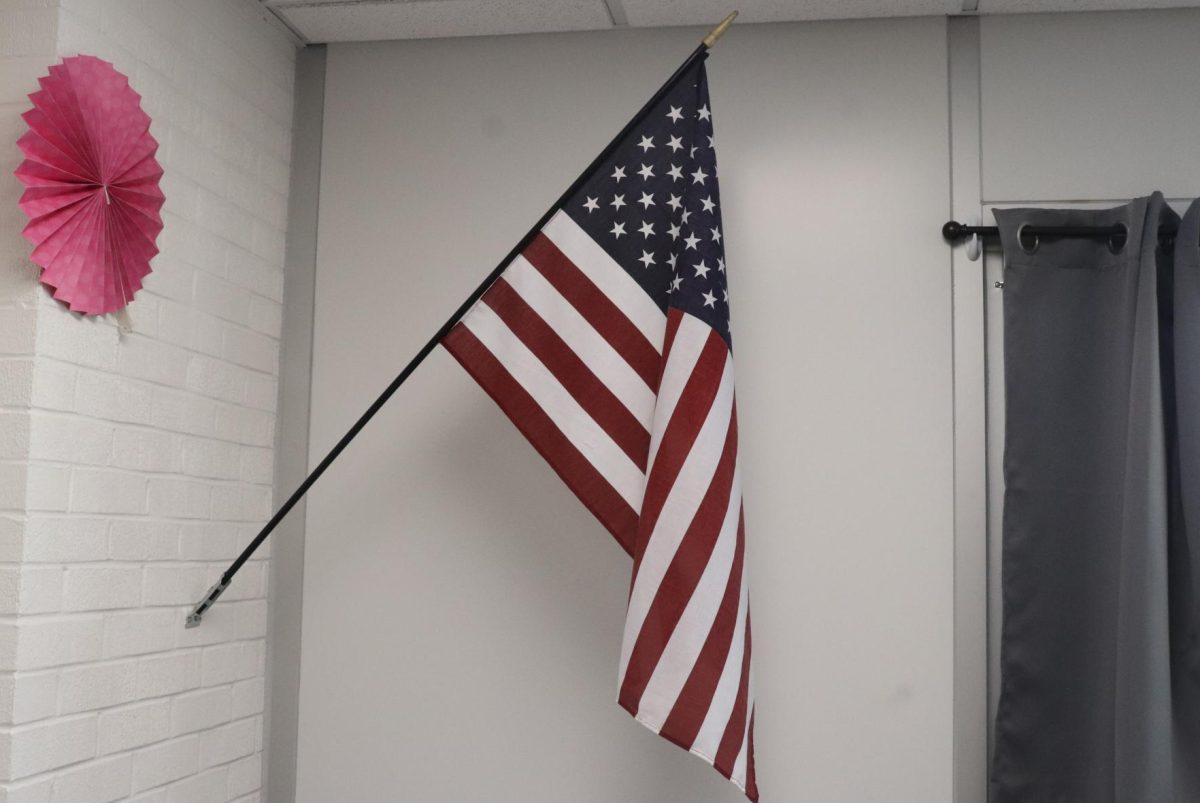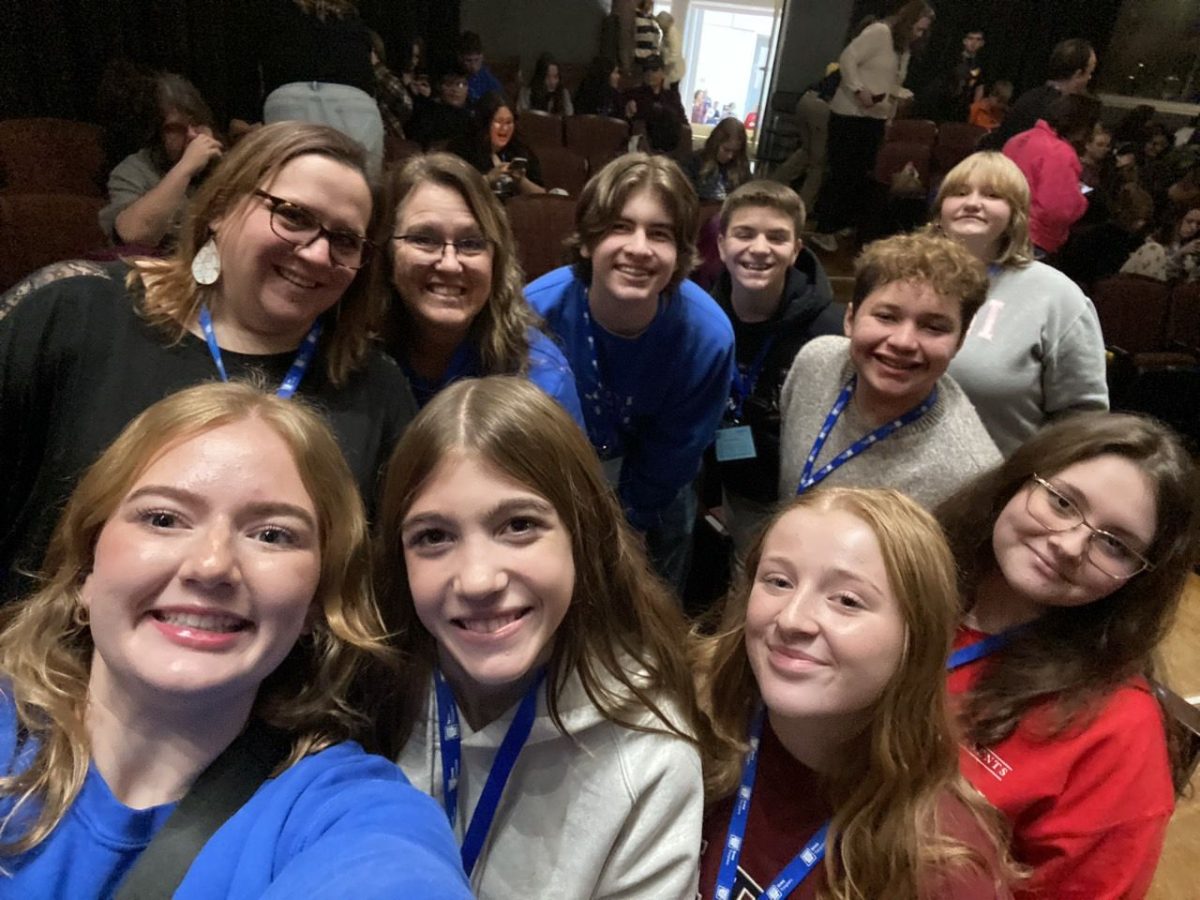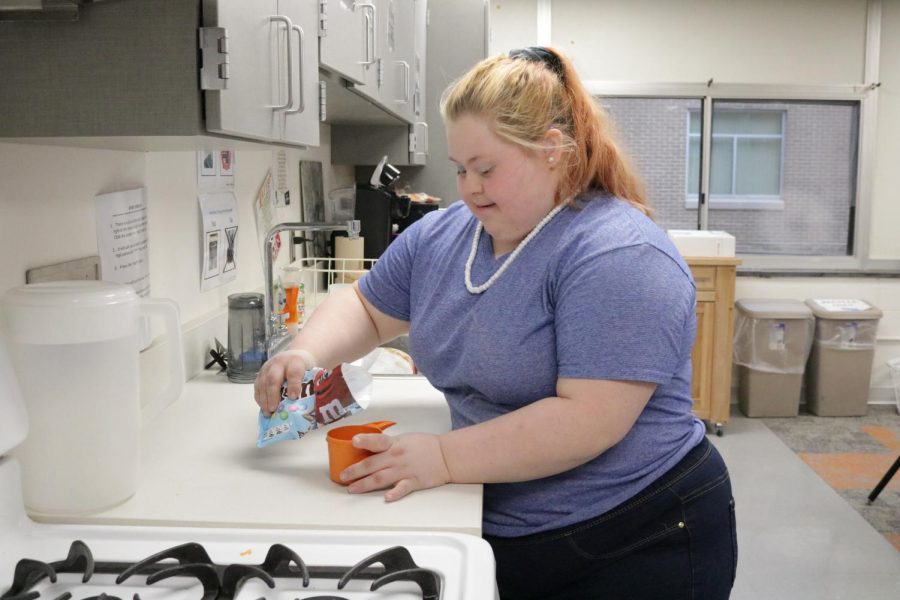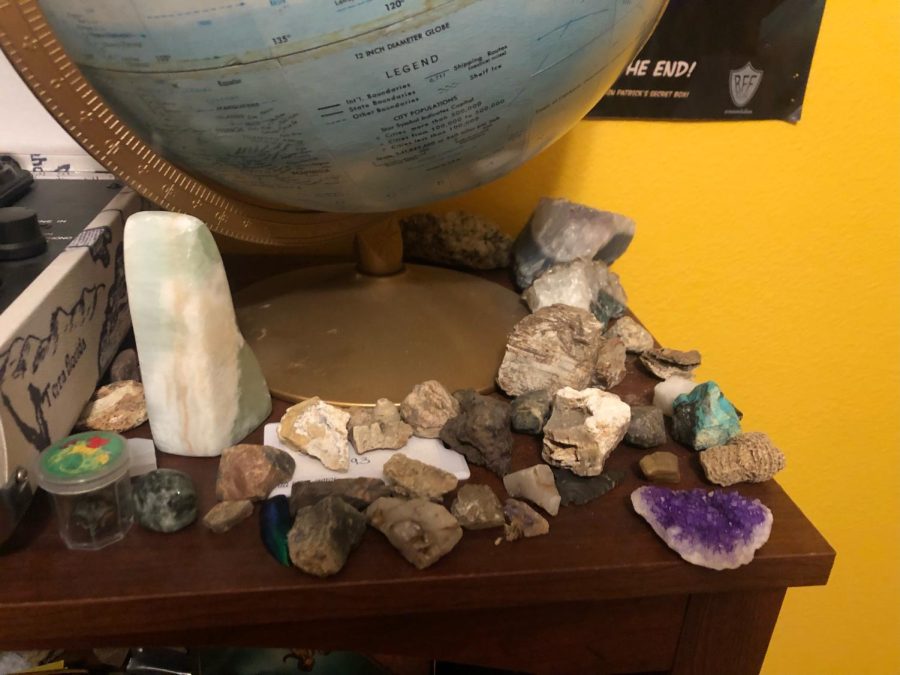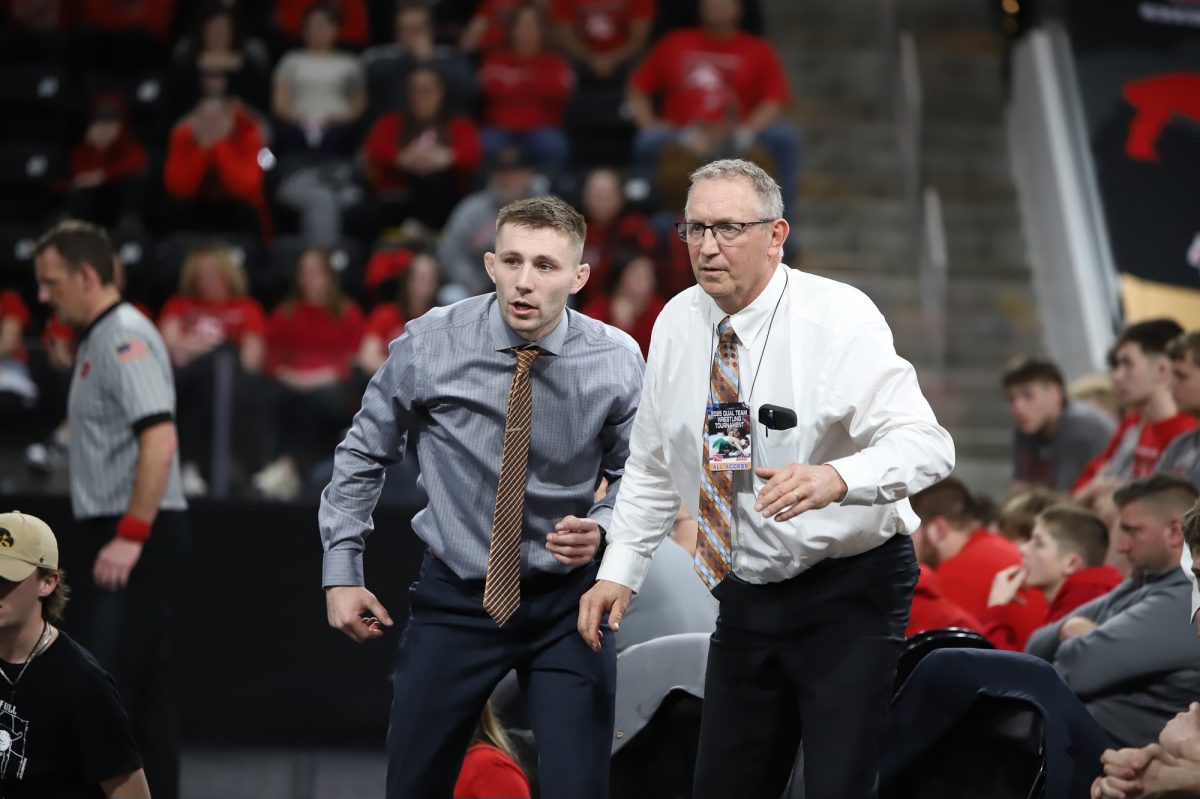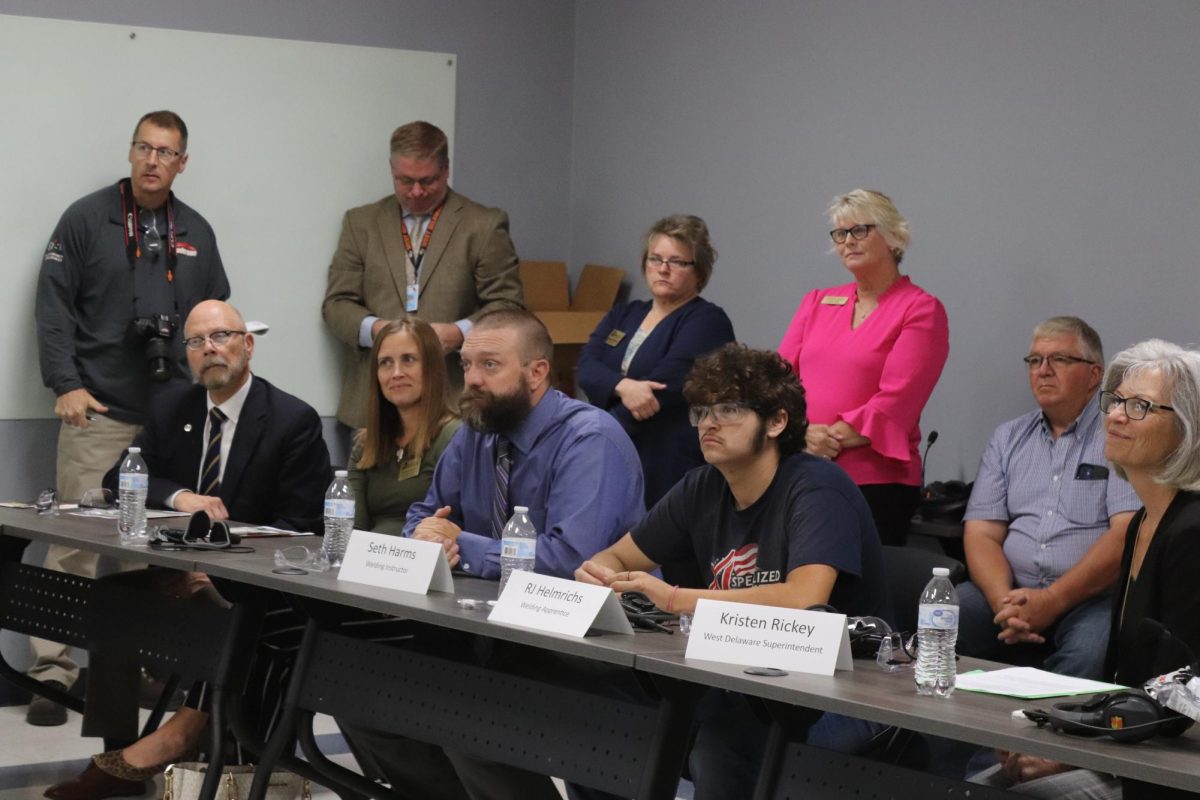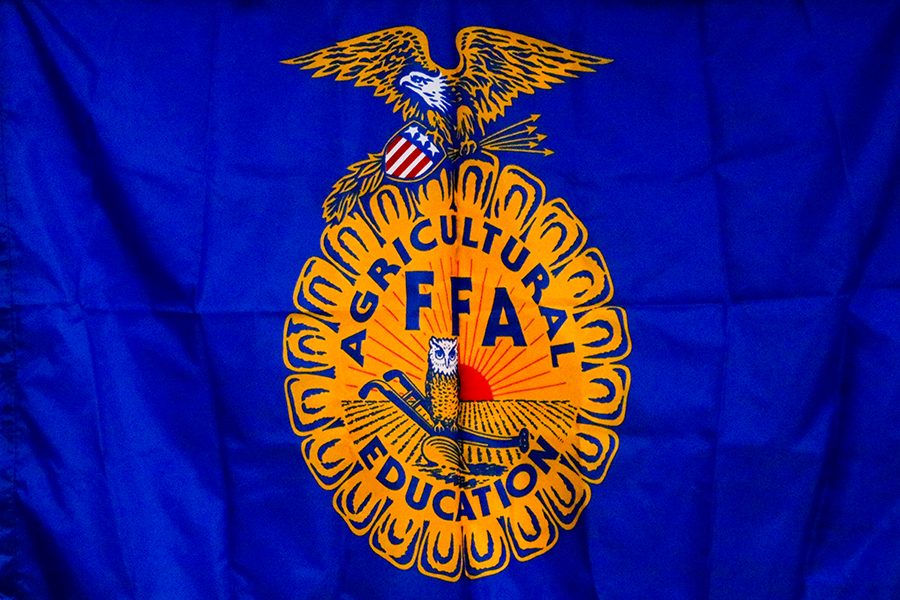Why Join FFA?
As the 2017-18 President of the West Delaware FFA Chapter, I want to share what I have learned about FFA. Even if you don’t necessarily “farm,” you can still join FFA.

1. Agriculture is more than “sows and plows.”
The Merriam-Webster Dictionary defines agriculture as a “science, art, or practice.” Agriculture consists of so much more than you would expect. Horticulture, aquaculture, animal sciences, and agronomy are just a few aspects of agriculture. Agriculture doesn’t need to necessarily be “raising animals” and “growing crops.” Instead, it can include hunting, fishing, studying natural resources, and so much more.
2. The opportunities are endless.
Thanks to FFA, I have learned so much about agriculture. I have met so many new people, competed in different events, advocated for farmers and GMOs (genetically modified organisms), and learned more about the “backbone of America.”
3. You get to meet people from just about anywhere.
FFA is the largest student organization in the world. People from all across America can connect with others because of agriculture and FFA. Members can compete against other FFA chapters and attend conferences through the national organization. Last summer, two other West Delaware FFA members and I traveled to Washington, D.C., for the Washington Leadership Conference. At WLC, we were fortunate enough to meet other members from the Midwest, and the counselors were from all across the United States. In addition, at a local Ag Luncheon, I have talked with several men and women from different businesses, each with different occupations. Their guidance and advice has helped me grow as a person.
4. Farming is one of the least common jobs in America.
Even if you are a “town kid” and personally don’t farm and/or don’t plan to pursue an ag-related career, FFA can still teach you about the “backbone of America.” Without farmers, we wouldn’t have any food. Some people have no clue where their food products come from. Once you know the basics, you can begin educating others about the importance of agriculture. If you garden, have a fish tank, raise dogs, or even mow lawn, you’re still involved in agriculture. It’s not all about growing or raising something; it’s about being a steward of life.
5. The skills you learn in FFA will be used throughout your life.
During the opening ceremony at FFA meetings, the president asks members why they’re there; in response, the members say, “To practice brotherhood, honor agricultural opportunities and responsibilities, and develop those qualities of leadership which an FFA member should possess.” FFA allows members to broaden their horizons with public speaking and leadership skills. CDEs, or Career Development Events, allow members to learn certain skills that pertain to the events they’re competing in. For example, members can participate in Livestock Judging, Milk Quality, Soils, and more. With the variety of skills members learn, they are able to make an impact on the future of agriculture and the future of America.
6. “Learning to Do, Doing to Learn, Earning to Live, Living to Serve.”
The FFA motto explains what the national organization is about. Members are taught the importance of helping one another. The simple version is basically that your experiences teach you to live a simple life and do everything you can to help others. In the FFA Student Handbook, it states that members are able to influence others (Premier Leadership), make themselves a better person (Personal Growth), and use the qualities and skills they learned through FFA to succeed (Career Success). FFA allows members to give back to the farmers and better the lives of those around them. When I was in D.C. last summer, we packaged over 60,000 meals for the hungry at the nation’s capital. When we were finished, we all felt a sense of satisfaction and pride knowing that we helped those who needed us.
7. Farming isn’t just a job. It’s a lifestyle.
I’m sure you’ve heard this saying before, but farming isn’t a 9-5 job. You’re done working when the work is done. If you’ve ever heard the speech “So God Made a Farmer,” you understand that farmers have so much more to do than what meets the eye. Paul Harvey describes farmers as “caretakers.” Farmers have to be willing to work 24/7, no matter how difficult the task; Harvey says they’ll cram their forty-hour work week in by Tuesday afternoon, but they have to be willing to put in another seventy-two hours to finish the job. They put their own work on hold to help somebody else. Their work is endless, but maybe, just maybe, one day the farmer will look at their child and smile when they hear the words, “I want to spend my life doing what you do.”

I am Leah Philipp, and I am a senior. I’m involved in FFA, Speech, and NHS. I am obsessed with Thomas Rhett, french toast, and Netflix (especially Gilmore...


